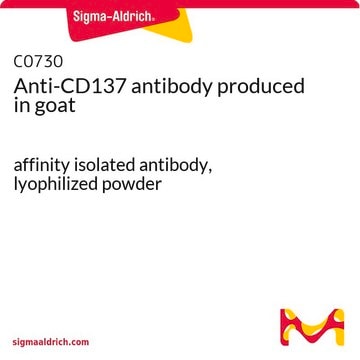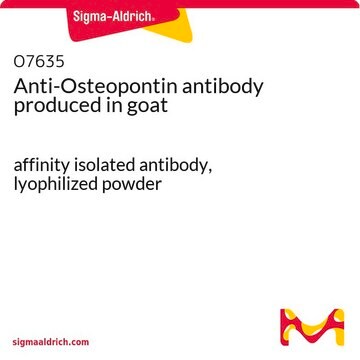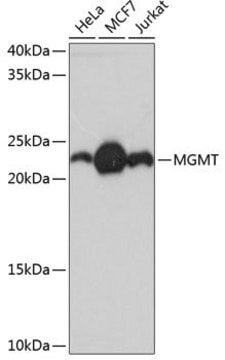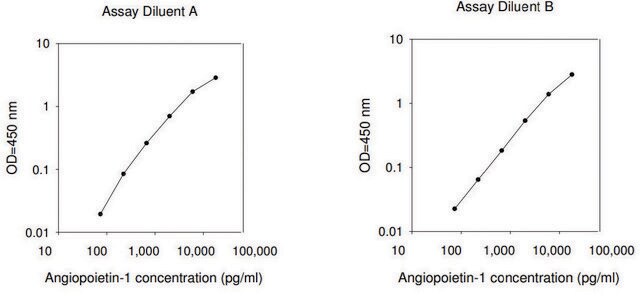E8651
Anti-E2F3 antibody ,Mouse monoclonal
clone PG30, purified from hybridoma cell culture
About This Item
Productos recomendados
biological source
mouse
Quality Level
conjugate
unconjugated
antibody form
purified from hybridoma cell culture
antibody product type
primary antibodies
clone
PG30, monoclonal
form
buffered aqueous solution
mol wt
antigen 57 kDa
species reactivity
human
concentration
~2 mg/mL
technique(s)
immunoprecipitation (IP): suitable using denatured E2F3
microarray: suitable
western blot: 4-8 μg/mL using transfected 293T cells expressing E2F3
isotype
IgG2a
UniProt accession no.
shipped in
dry ice
storage temp.
−20°C
target post-translational modification
unmodified
Gene Information
human ... E2F3(1871)
Categorías relacionadas
General description
Immunogen
Application
- immunoprecipitation using denatured E2F3
- western blotting at a concentration of 4-8μg/mL using transfected 293T cells expressing E2F3
- electrophoretic mobility shift assay (EMSA).
Biochem/physiol Actions
Physical form
Preparation Note
Disclaimer
¿No encuentra el producto adecuado?
Pruebe nuestro Herramienta de selección de productos.
Storage Class
10 - Combustible liquids
wgk_germany
nwg
flash_point_f
Not applicable
flash_point_c
Not applicable
Elija entre una de las versiones más recientes:
Certificados de análisis (COA)
¿No ve la versión correcta?
Si necesita una versión concreta, puede buscar un certificado específico por el número de lote.
¿Ya tiene este producto?
Encuentre la documentación para los productos que ha comprado recientemente en la Biblioteca de documentos.
Nuestro equipo de científicos tiene experiencia en todas las áreas de investigación: Ciencias de la vida, Ciencia de los materiales, Síntesis química, Cromatografía, Analítica y muchas otras.
Póngase en contacto con el Servicio técnico








